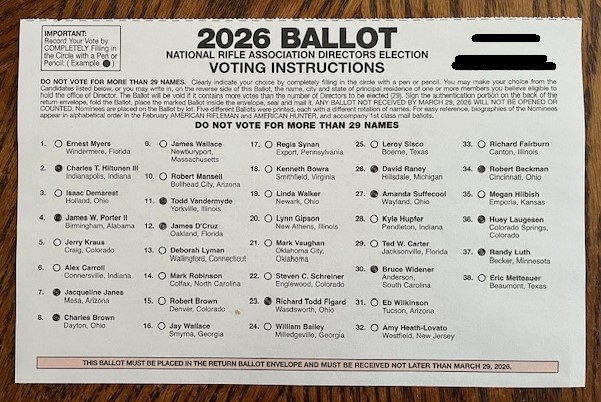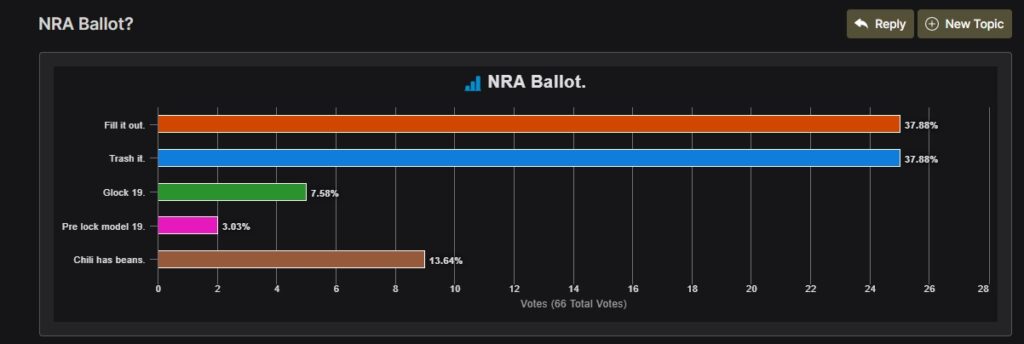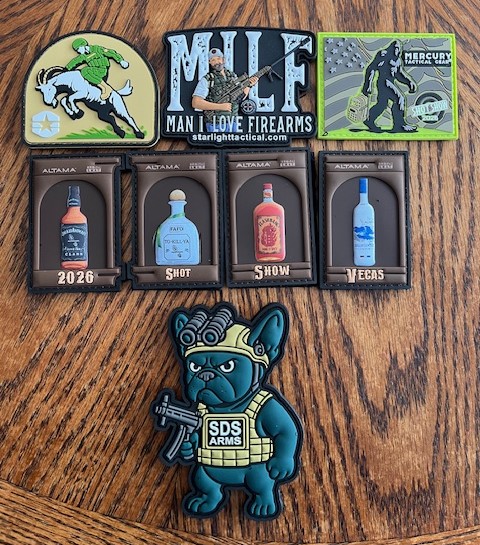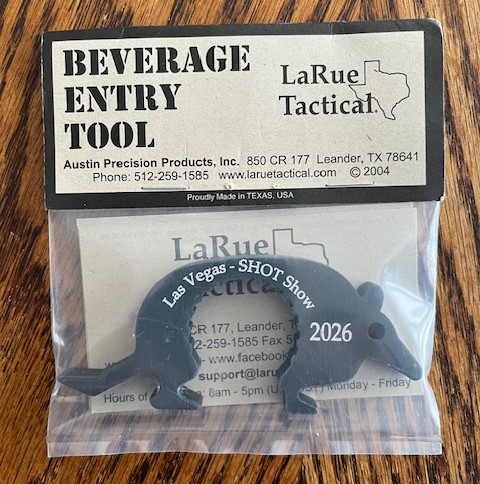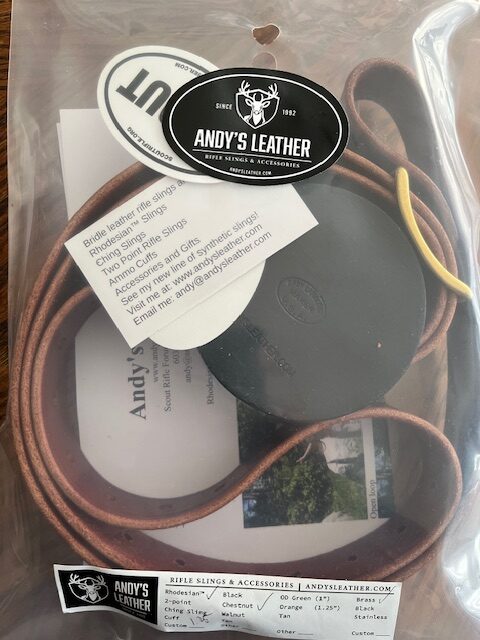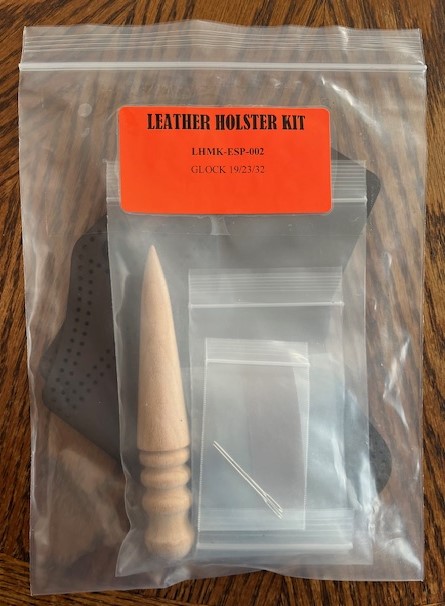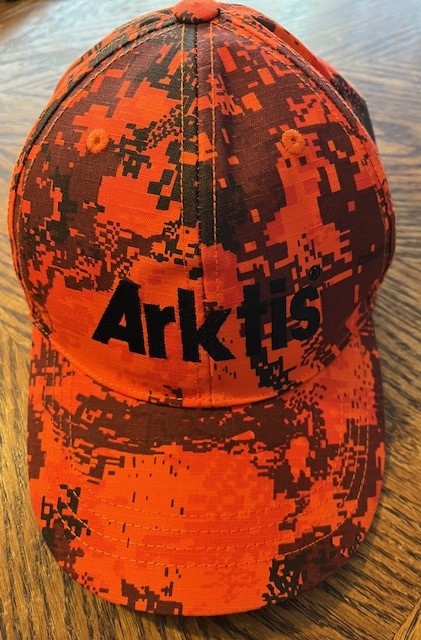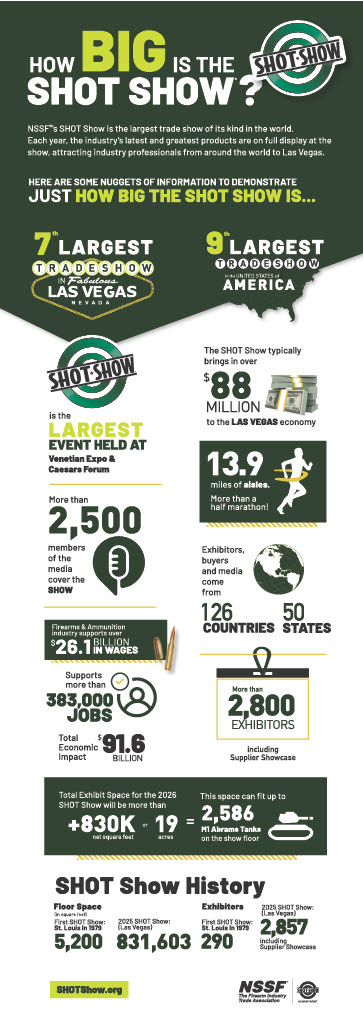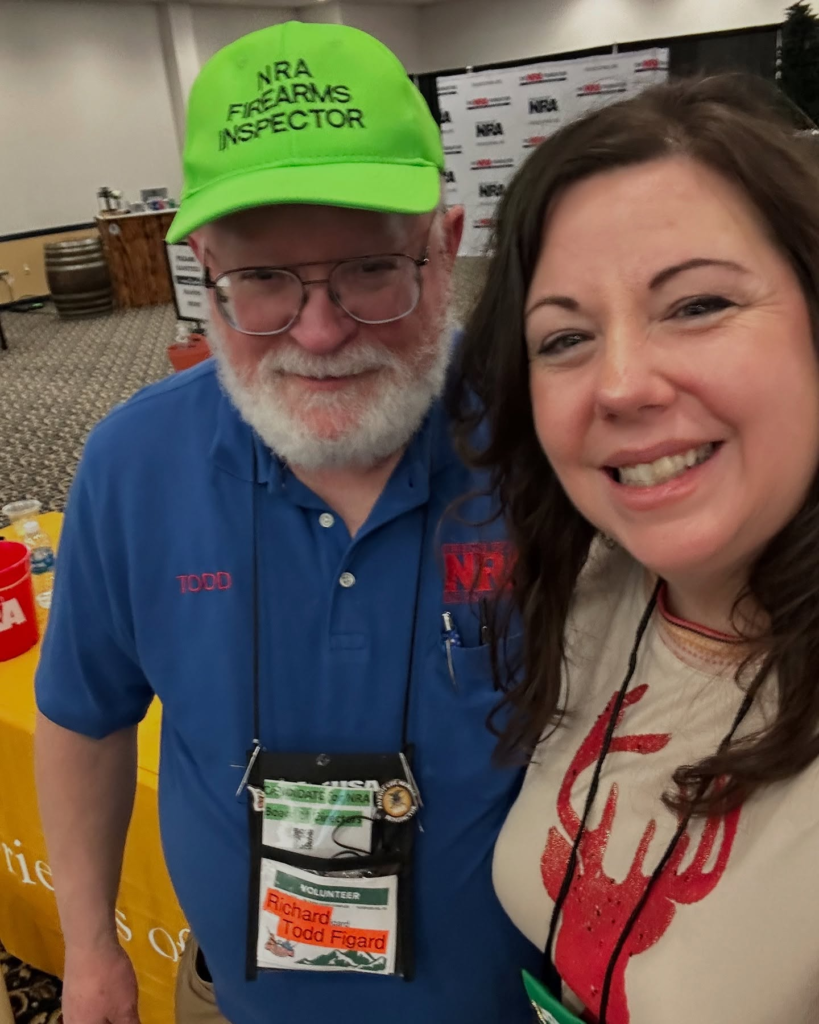Despite my best intentions, I did not get to many of the booths of the knife makers at this year’s SHOT Show. I know I missed Case, Ka-Bar, Buck, and Benchmade among the major knife companies.
While I did speak with the reps at the MoraKniv and Condor booths, I didn’t take any pictures. I love both their product lines and have a number of their knives. If you ever wanted to “make” a knife but don’t have the ability to forge the blade, Condor does sell knife blanks for which you can then craft a handle.
I did stop in at Boker USA to see what they had. Their Treebrand Bird Knife with Hook is still being made. The price is now in the $60 range. Mine bought in the early 1980s cost all of $16. It is still a nice pocketknife. The other knife of theirs that caught my eye was the Boker PLUS M.U.K. fixed blade. I like the small blade, full length handle aspect to it. The steel is 14C28N which the author of Knife Engineering rates as as high toughness stainless steel made by Sandvik in Sweden.

I always like to see what CRKT has up their sleeves. One knife and one tool caught my eye.
The tool is called the ToGo Driver. It is a compact driver that features interchangeable bits ranging from a variety of Torx bits to Phillips. It also comes with an adapter allowing you to use both 4mm and 1/4″ bits. At a MSRP of $38, it looks like it would be something many would want in their everyday carry kit.
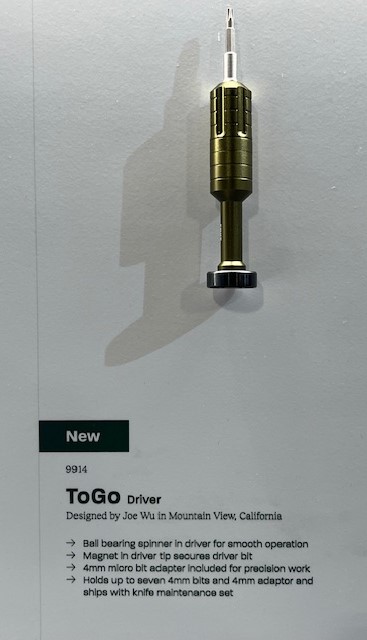
The other knife by CRKT that caught my eye as a potential purchase was the Fidus liner lock. With a blade length of just over 3″ and a folded length of 4″, it should make a great everyday carry knife. The blade is made from Sandvik 12C27 steel which will give good corrosion resistance, toughness, edge retention, and relative ease of sharpening. The handle is glass-reinforced nylon with grooves for your index and pinky fingers. I like it.
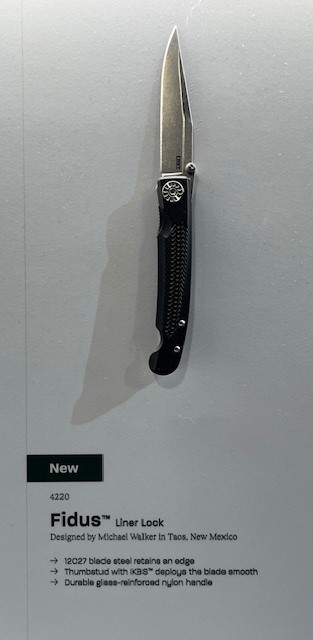
As I said, I missed a lot of the other knife companies. However, Melissa Miller aka Melissa Backwoods did not. I have always respected her knife reviews on YouTube and was fortunate enough to briefly meet her in the Press Room. She did a great compilation of the knives she saw at SHOT in the video below.

